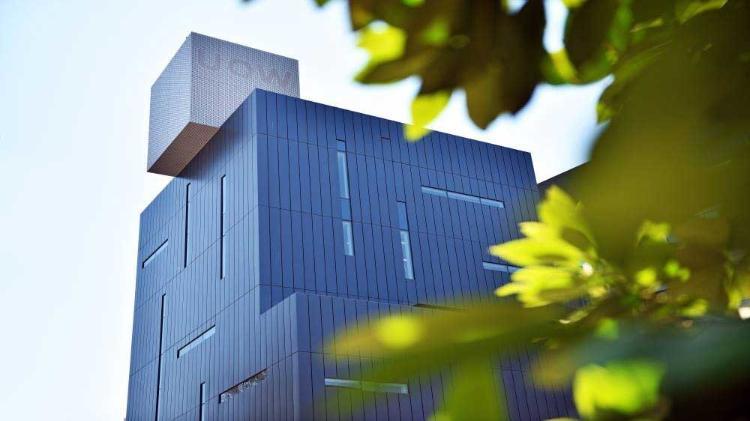A new biomarker for vascular calcification in CKD, and other new tools for diagnosing diseases

Molecular Horizons Seminar - Professor Anthony Dosseto
-
-
-
Wollongong Campus
35.G20
Isotopes are not just the name of a baseball team in The Simpsons, but their distribution in geological and biological materials has also been used for decades to study ancient ecosystems, past human migrations and how our planet operates. More recently, several research groups (including WIGL at UoW) have been investigating whether metal isotopes could be used in biomedical research.
Here I’ll present results from a recent study conducted at UoW and Wollongong Hospital where we investigated the use of calcium (Ca) isotopes to detect vascular calcification in the context of Chronic Kidney Disease (CKD). Cardiovascular disease is the largest cause of morbidity and mortality in people with kidney disease, and CKD affects 10% of the global population. Yet, there is no screening method routinely used to detect vascular calcification, and current detection methods are expensive and not readily available.
We show that Ca isotopes in a small blood sample (~1 mL) accurately detect medial artery calcification with a sensitivity of 82% and specificity of 77%. Calcium isotopes in blood could be used as an easily accessible screening tool for vascular calcification in CKD patients. This could also open the possibility of detecting vascular calcification in the general population.
I’ll also discuss other applications such as the use of copper isotopes in blood to inform on various cancer progression, or Ca isotopes in urine to diagnose multiple myeloma, osteoporosis.